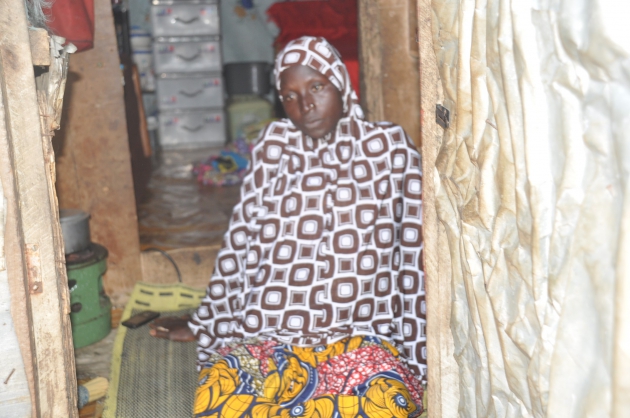Pregnancy, Birthing, Greatest Occupational Hazards In Nigeria- Adewole

Lamenting the increasing rate of maternal mortality in the country, Minister of Health, Prof. Isaac Adewole, has described pregnancy and child birthing greatest occupational hazard in Nigeria.
Addressing journalists in Ibadan at a strategy meeting organised by the Network of Reproductive Health Journalists in Nigeria (NRHJN), Adewole said that a nation must attach priority to women and children, adding that 30 percent of Nigeria’s Maternal Mortality Rate (MMR) can be prevented by Family Planning (FP).
“The issue of contraception needs to be taken seriously by women. There is need for family life education, sexuality education and how to manage relationship. When women don’t want a pregnancy, to the extent of the law, she must be allowed to decide whether to keep the pregnancy or not.
“During pregnancy, adequate care must be administered as well as delivery under professional supervision and also care for the new born. It is a continuum. If the woman eventually don’t wants the child, there are options to deliver and adopt. There are countries with zero population growth where women are paid to deliver, like Japan, because their population growth is beyond replacement. Looking at all the options provided, the cheapest is Family Planning (FP),” the minister said.
According to him, despite contraception been a key component in the FP2020 and the massive amount invested in the project, Nigeria has not gone beyond Modern Contraception Prevalent Rate (MCPR) of 11 percent, stressing the need for more advocacy as Nigeria’s Maternal Mortality Ratio is the worst in the world and at the level with war-torn countries.
Adewole, “this year, 2018, the Federal government is piloting the demographic and health survey in six states which has skilled birth attendants less than 10 percent. For instance, Sokoto has 3 percent, which means when 100 women give birth in Sokoto, only three deliver under supervision of a medical expert.”
Adewole added that the government has instituted a committee of Accelerated Reduction of Maternal Mortality in these six states; Sokoto, Kebbi, Zamfara, Jigawa, Katsina and Yobe, adding that when the survey is carried out this year, things might be better.
He stated, “if the government invests one naira in FP, the return is 14 percent, immunization is 16 percent, tuberculosis is 85 percent. When there is an investment in health, the return is far bigger than infrastructure. I am appealing to state governors to invest in health. Money in health is no waste as it is not an expenditure but an investment.”
Read more at https://thewhistler.ng/story/pregnancy-birthing-greatest-occupational-ha...












